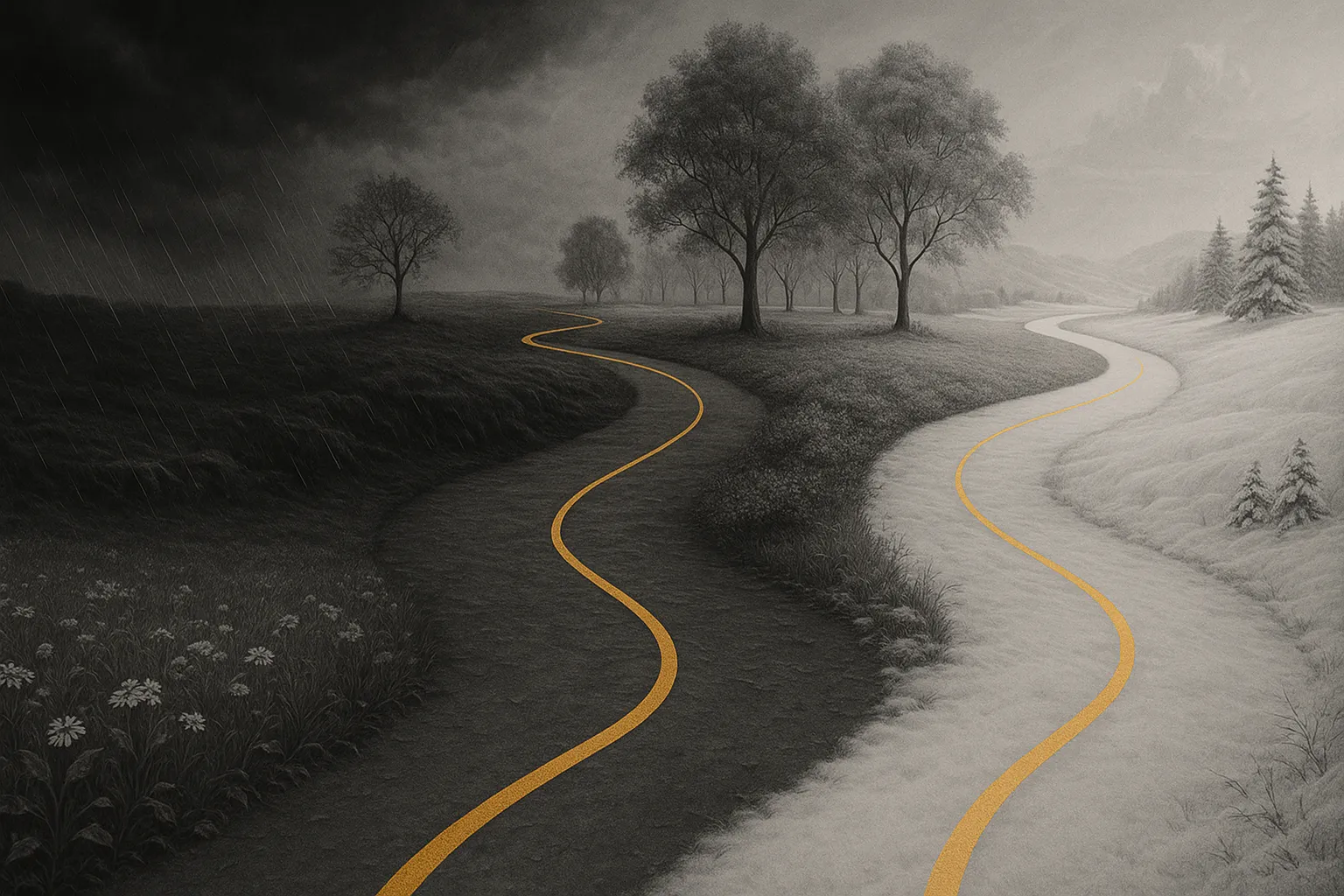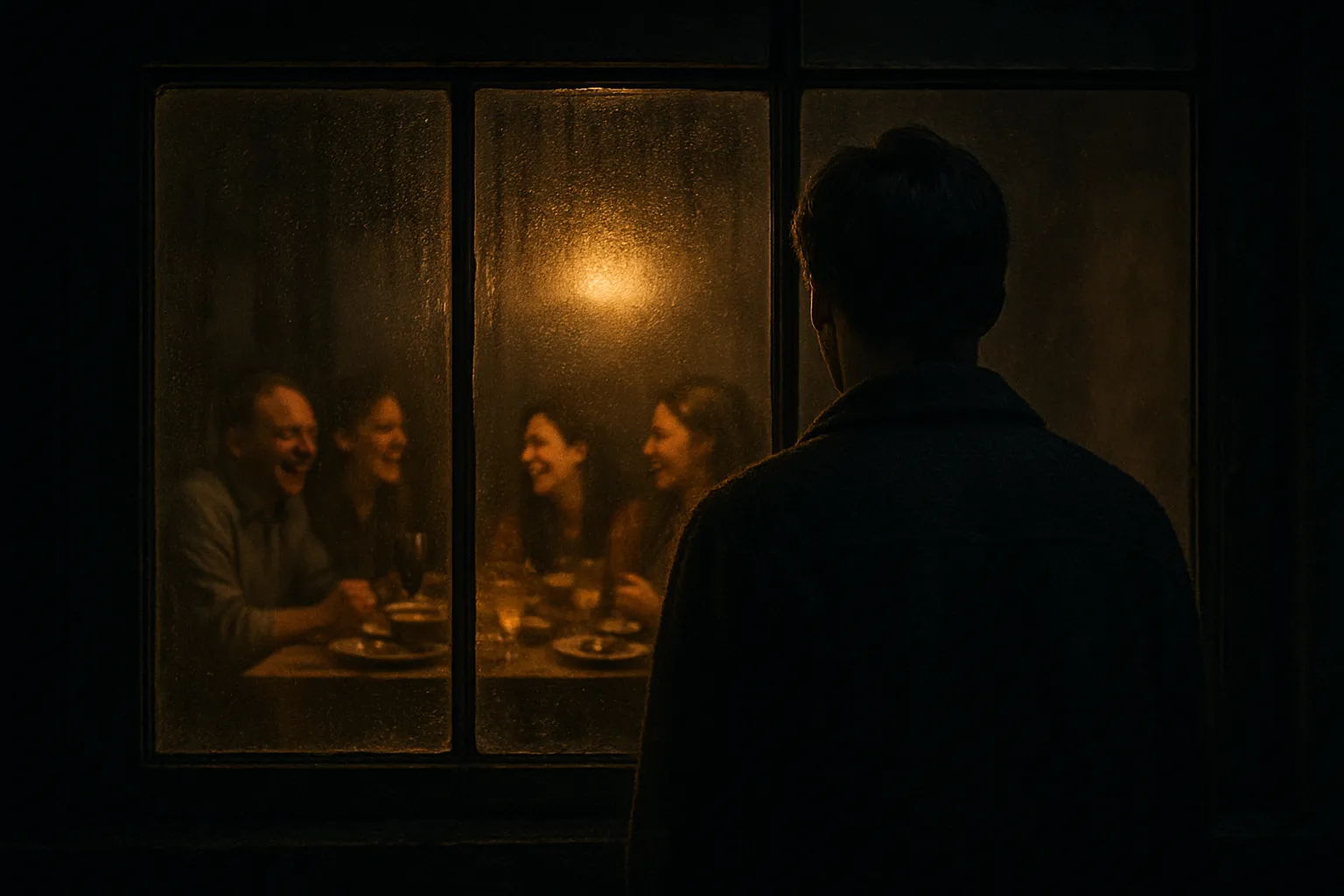Was it Really Sudden? Identifying Gradual Relationship Decay

The Shock of the Final Straw
When a relationship ends, especially if it's initiated by your partner, it can feel like a sudden, catastrophic event. One day things seem fine, and the next, your world is turned upside down. But was it really so sudden? More often than not, a breakup is less like a lightning strike and more like a slow, structural erosion. The final argument or event isn't the cause of the collapse; it's simply the moment the already-decayed foundation finally gives way. Learning to identify the subtle signs of this gradual decay can help you reframe a painful memory and find a sense of understanding in the confusion.
1. The Erosion of Positive Interactions
Relationship health isn't just about the absence of fighting; it's about the presence of positive connection. According to relationship researcher Dr. John Gottman, the decay begins when negative interactions start to outnumber the positive ones. This isn't just about big fights; it's a quiet fading of the good stuff.
- The Disappearance of Shared Laughter: Think back. When was the last time you and your partner shared a genuine, belly laugh over an inside joke or a moment of shared silliness? When laughter dies, a critical bond dies with it.
- The End of Casual Affection: The small, non-sexual touches—a hand squeeze, a hug goodbye, an arm around your shoulder while watching TV—are the glue of a relationship. When they stop, the bond becomes brittle.
- Curiosity is Replaced by Assumption: You stop asking meaningful questions about each other's day, hopes, and fears. You assume you already know, or you've simply lost the desire to find out. This is a sign that you've stopped tending to your emotional connection.
2. The Silent Drift into Parallel Lives
One of the most insidious forms of relationship decay is when a couple stops living a shared life and begins to live parallel lives under the same roof. The partnership becomes one of logistics and convenience, not intimacy.
- Your Social Circles Stop Overlapping: You each have your own friends and activities, and you slowly stop inviting each other into those separate worlds. Your stories about your week no longer feature the same cast of characters.
- You Seek Emotional Support Elsewhere: When you have big news to share or are struggling with a problem, is your partner the first person you want to tell? If you're consistently turning to friends or family first, it's a sign that the emotional intimacy in your partnership has decayed.
- Comfortable Silence Becomes Empty Silence: All couples enjoy comfortable silence, but in a decaying relationship, the silence is different. It's no longer peaceful; it's vacant. You can spend an entire evening in the same room, each on your own device, without exchanging a word.
3. The Avoidance of "State of the Union" Talks
The decay is often cemented by a refusal to acknowledge it. One or both partners actively avoid any conversation about the health of the relationship. When one person tries to bring up the growing distance, they are often met with defensiveness or dismissal.
- "I'm too tired for a heavy conversation right now."
- "You're overthinking things, everything is fine."
- "We're just busy, it's a phase."
This avoidance prevents any possibility of repair. It's like knowing there's a leak in the roof but refusing to go up and look, allowing the damage to spread unchecked until the ceiling caves in.
From Sudden Collapse to Gradual Process
Looking back at a relationship through this lens can be both painful and incredibly liberating. It helps you see that the breakup wasn't a sudden indictment of your worth, but rather the predictable conclusion of a long, slow process. The person who ended it may have simply been the first one to acknowledge that the structure was no longer sound. Finding this new narrative doesn't erase the hurt, but it can replace the shock and confusion with a sense of clarity. It's a powerful lesson in recognizing that relationships don't just survive; they require constant, active maintenance to keep their foundation strong.


